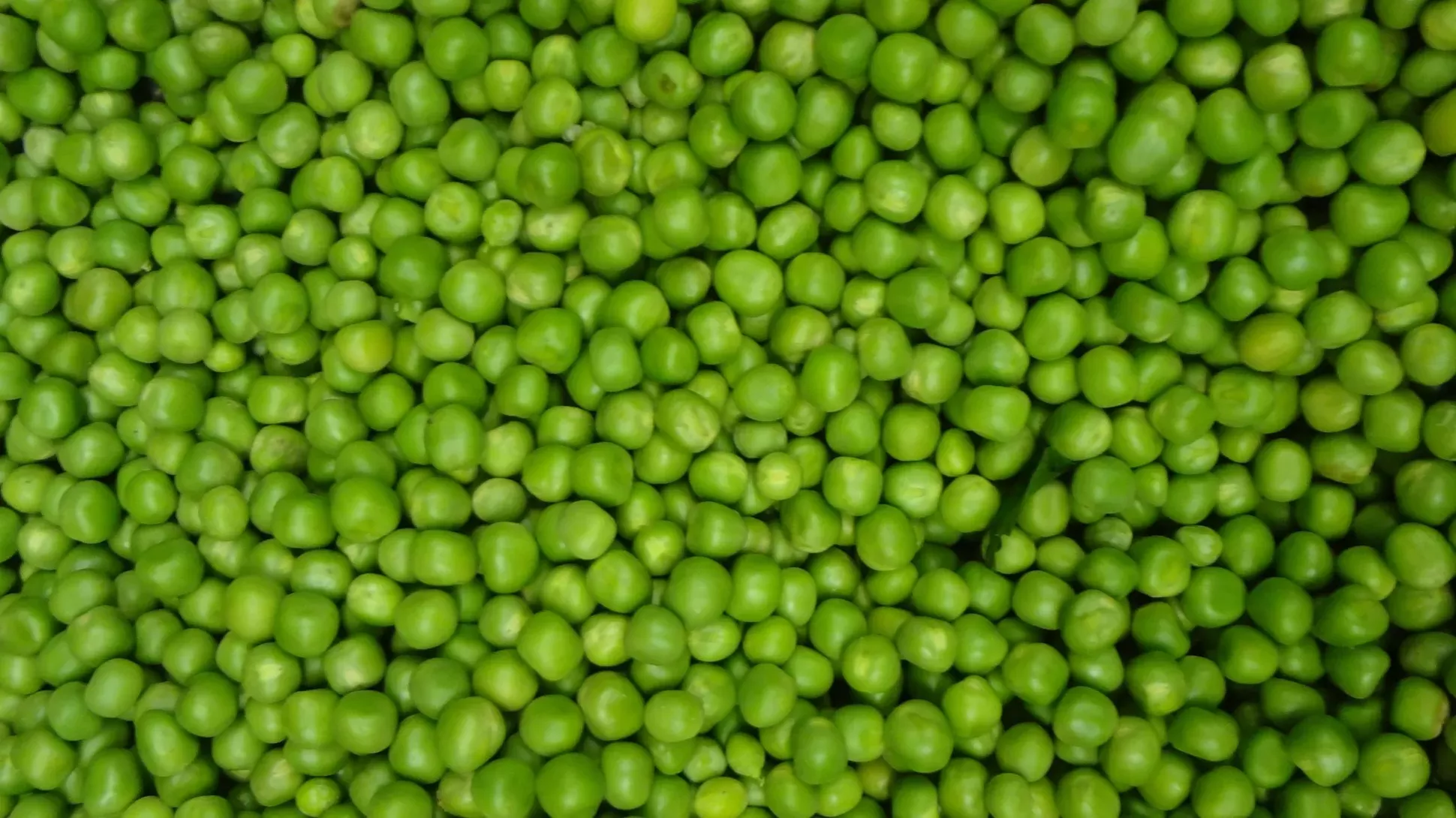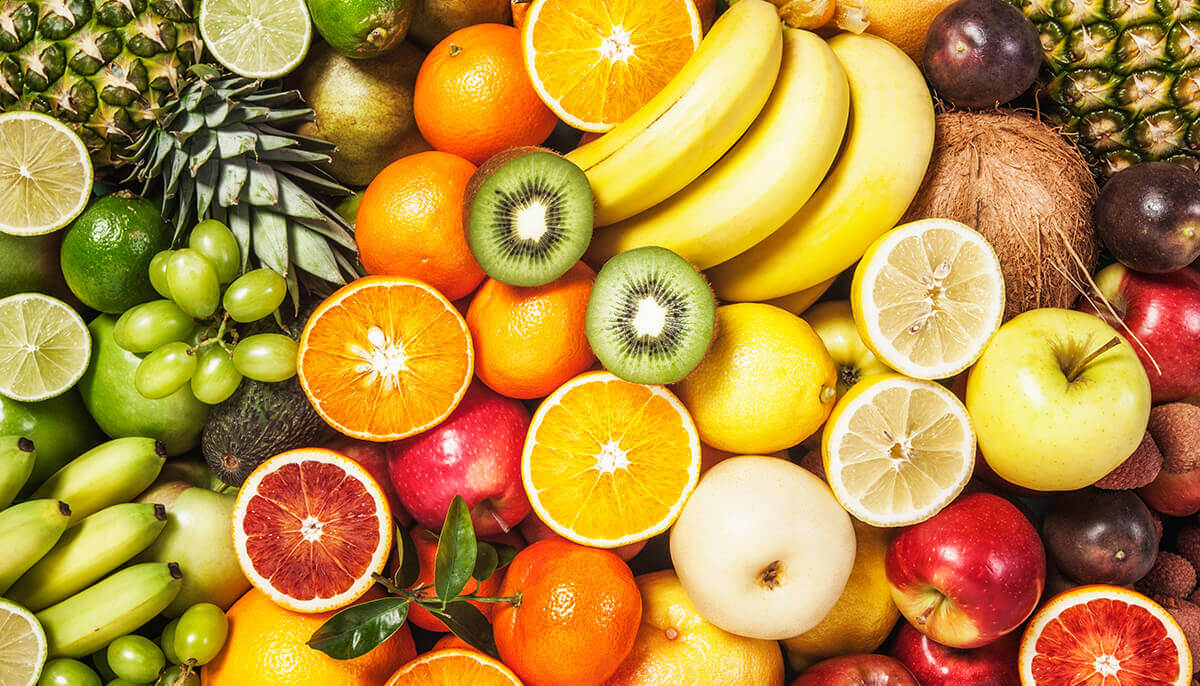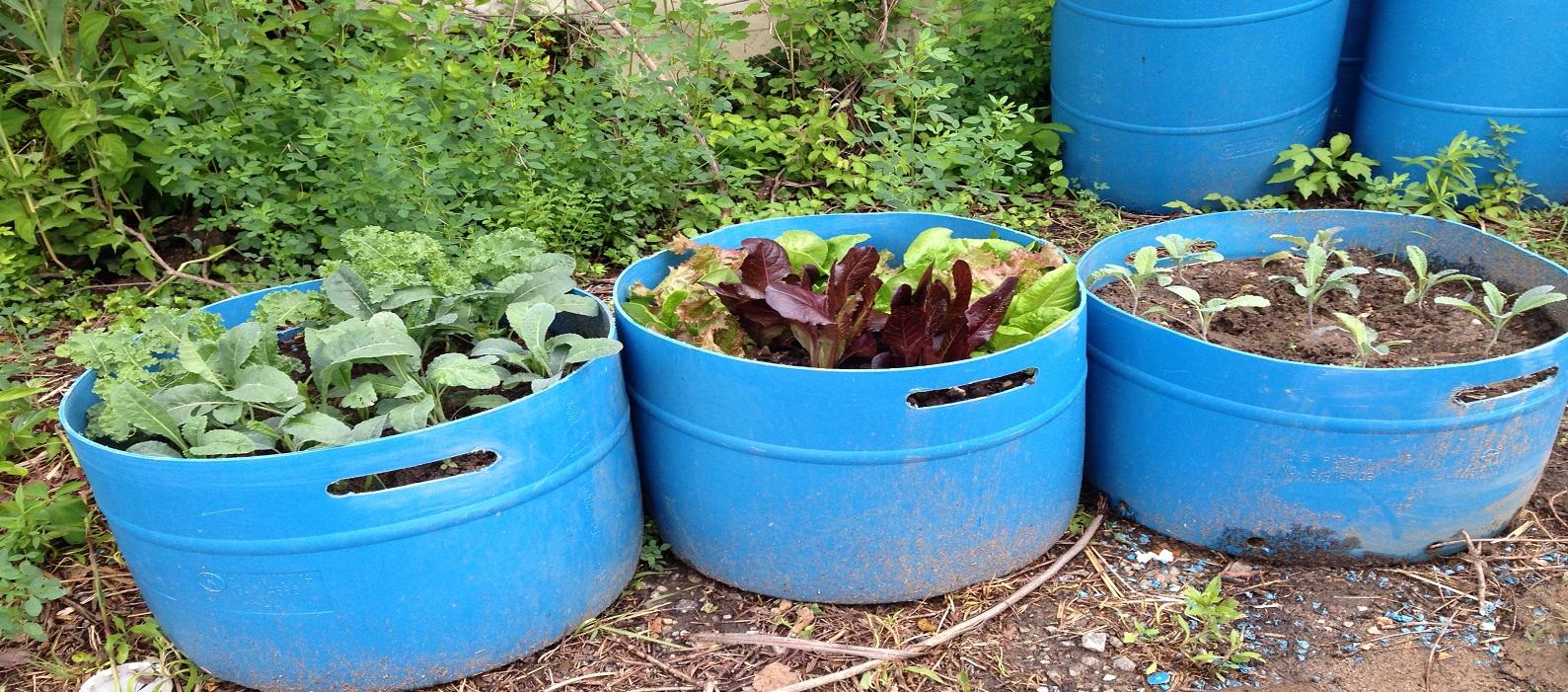Peas, a versatile legume, are a popular vegetable enjoyed worldwide. They come in various types, including green peas, snow peas, and snap peas, each offering unique flavors and textures.
Nutritional Benefits of Peas
Peas are a good source of:
- Protein: A complete protein source, making them a valuable option for vegetarians and vegans.
- Fiber: Promotes digestive health and helps regulate blood sugar levels.
- Vitamin K: Essential for blood clotting.
- Vitamin C: Boosts immunity and aids in collagen production.
- Folate: Important for cell growth and development.
Culinary Uses of Peas
Peas can be enjoyed in a variety of ways:
- Fresh Peas: Fresh peas are a delicious addition to salads and stir-fries.
- Frozen Peas: Frozen peas are a convenient option for year-round use.
- Dried Peas: Dried peas can be cooked into soups, stews, and curries.
- Pea Puree: A smooth and creamy puree that can be used as a base for soups or sauces.
- Pea Shoots: Tender pea shoots can be added to salads or stir-fries for a fresh, slightly bitter flavor.
Growing Peas
If you’re interested in growing your own peas, here are some tips:
- Choose the Right Variety: Select varieties that are well-suited to your climate and growing conditions.
- Prepare the Soil: Peas prefer well-draining, fertile soil.
- Planting: Sow the seeds directly into the garden bed or start them indoors in seed trays.
- Watering: Keep the soil consistently moist, but avoid overwatering.
- Support: Provide support for climbing pea varieties using trellises or stakes.
- Harvesting: Harvest peas when they are young and tender.
By incorporating peas into your diet, you can enjoy their delicious flavor and numerous health benefits.



